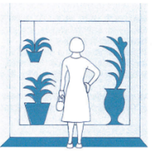 Prevention of Chest Infections - Top tips Environment Indoors
Hygiene about the house - look at your use of chemical cleaners. The Asthma Foundation recommends:
Outdoors
The following websites have extensive information about environmental factors and respiratory health
Positioning and Activity: Positioning
chair, changing position at night. Activity
swimming, blowing games (bubbles, whistles, straws).  Feeding
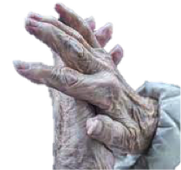 General Health
When unwell
 Oral hygiene and saliva Oral bacterial can cause chest infections, especially for people who have swallowing difficulties.
Therapy Professionals Ltd’s therapists can help many ways during illness. Please feel free to contact us for information and advice. Phone: 03 377 5280 Email: [email protected] Website: www.therapyprofessionals.co.nz 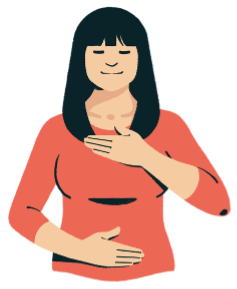 Ageing and Unplanned Weight Loss Unplanned weight loss or malnutrition is more common in older people than any other age group. Regardless of age, unplanned weight loss can indicate a change health and wellbeing and should be checked out by your Doctor. As we age we may lose weight for a number of reasons, which will include some of the following:
Regardless of our age if we are losing weight and it’s unintentional see your Doctor to rule out any underling health problem. Other things you can do to maintain or increase your weight are:
If, after trying these suggestions, you continue to lose weight ask a Dietitian or your GP
about oral nutritional supplements such as Fortisip and Ensure. Remember, supplements don’t replace a good balanced diet they complement it. If you want some help with changing your diet our friendly Dietitian can help. Just contact us at Therapy Professionals. Phone: 03 377 5280 Email: [email protected] Website: www.therapyprofessionals.co.nz Stay on your feet - Be aware of your feet! Falling can be a big issue as we age. Once we’ve fallen a couple of times we start to fear falling and begin to do less and less exercise. Reducing our exercise means we loss muscle strength and our sense of balance making us more likely to trip and fall. If we want to stay on our feet there are a number of things we can do. We can:
These are just a few things, there are many more. For instance being aware of how you walk and step. Like all things, as we age, we can forget to lift our toes while walking, which may cause us to trip more easily. Follow the instructions below and improve your step and reduce the likelihood of tripping. The ankle/foot movements we do help to strengthen the toe–lifting muscles.
You can work these muscles all day. It’s simple! Just exaggerate your normal walking pattern - Heel/Toe Say ‘heel toe’ to yourself
Get the rhythm! Don’t trip! MAKE IT A HABIT Compiled for you by the Physiotherapists at Therapy Professionals Ltd. If you need some help to stay on your feet Therapy Professionals friendly Physiotherapists can help, just contact us on: Phone: (03) 377 5280 Fax: (03) 377 5281 Email: [email protected] Website: www.therapyprofessionals.co.nz  Winter Aches and Pains The cold winter weather is here! Many of our arthritic aches and pains will be worse than ever in our joints. Unfortunately it doesn’t help that when it's cold we tend to do less exercise. This lack of exercise makes our arthritic joints even stiffer. To stop our painful, stiff arthritic joints from seizing up completely, we need to exercise them. During long cold days spent inside, with our heads deep in a book or binge watching TV, it can be hard to exercise. However we need to break up these days with a little exercise because exercise helps oil the joints and reduces the stiffness. The added advantage of a little exercise is it’s good for the rest of our body and our mind. Here are few tips from our friendly physiotherapists: 
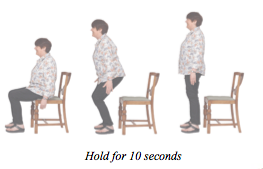
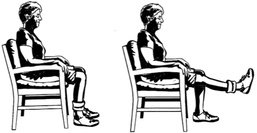
If this seems too much, how about putting your phone and TV remote a few steps away from your chair and getting up and walking around the house every hour. Remember the Rule of thumb – move whenever you can If you need any further assistance to keep your stiff joints moving just contact Therapy Professionals our friendly Physiotherapist can help. Just contact us at Therapy Professionals Ltd Phone: 03 3775280 Fax: 03 377 5281 Email: [email protected] Website: therapyprofessionals.co.nz 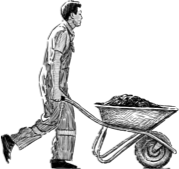 Keep Fit with Gardening Gardening helps keep us fit. It works and stretches our muscles. However, it can be hard on other parts of the body, especially our back and knees. Don’t overdo it!! Here is some advice from our friendly physiotherapists on how to keep fit with gardening and avoid the physical drawbacks from the activity. Their general advice is to:
 Advice to save your back and knees:
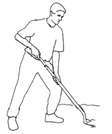 If you want more advice on gardening safely as you age, our friendly physios and occupational therapists can help, contact us as follows: Ph: 03 377 5280 Email: [email protected] Website: www.therapyprofessionals.co.nz |
AuthorShonagh O'Hagan Archives
July 2024
|

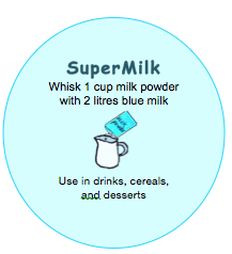

 RSS Feed
RSS Feed